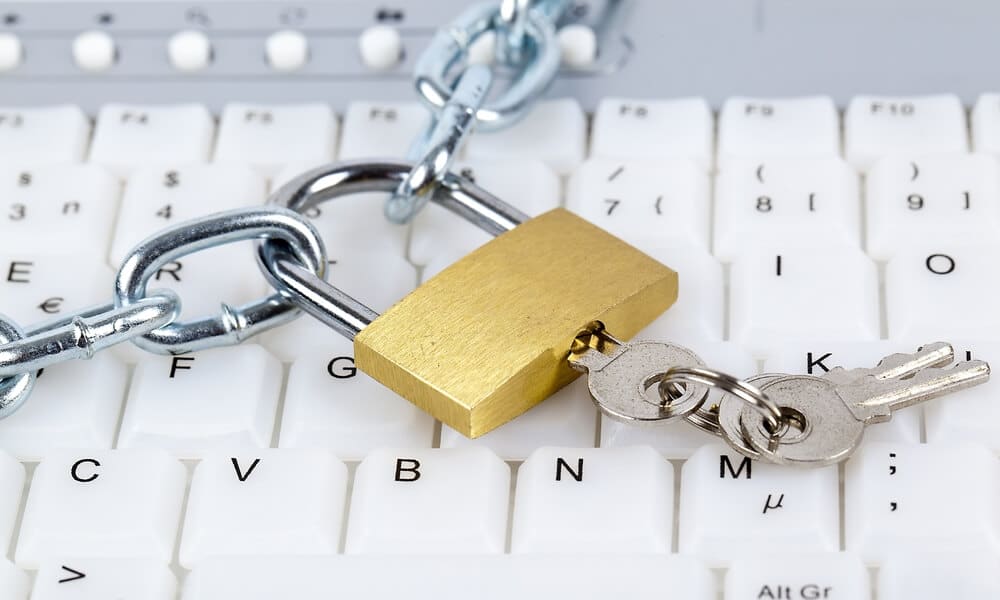3 things you need to know about firewalls and antivirus protection.
Most business owners know that they need to have some kind of antivirus protection on their work computers. According to Dell Security Annual Threat Report, malware attacks doubled to 8.19 billion in 2016 and phishing campaigns targeting employees increased by 55% last year.
While cyber threats continue to grow year-over-year, many companies are scrambling to tighten their own cyber security to combat these attacks by increasing their IT budgets and adding additional security methods like two-step verification.
Both firewalls and antivirus software are great choices to keep nasty malware from infiltrating your systems and stealing your data, but what do you need to know about firewalls and antivirus protection to keep your data secure?
All viruses are NOT created equal
In order to determine the right firewall or antivirus protection software that you should be using on your computers, you must first understand the different types of viruses that exist. All viruses are nasty and can leave you and your business devastated. Some common threats include:
- Malware
- Ransomware
- Trojan Horses
- Spyware
- Worms
- Rootkit
- Adware
Make sure that you find anti-virus software that will protect your work computers from all of these threats, not just one. Also, make sure that your built-in firewalls are turned on and check with your IT department to determine if a third-party firewall is also needed.
Understanding your operating system
Just as all viruses are not created equal, the same goes for operating systems. Though Windows is the most common operating system used by businesses today, both Mac OSX and Linux are increasing in popularity. Here’s what you need to know about firewalls and antivirus protection depending on which operating system you’re using:
Windows – Microsoft Windows Is notorious for being vulnerable to all types of viruses. Windows comes equipped with a built-in firewall, but this firewall may not protect you 100% of the time. A firewall combined with anti-virus software will help protect your Windows machine from cyber attacks.
OSX – Macs are less likely to get a virus simply because there are more Windows machines in the world than Macs. However, it’s not impossible. Hackers have more familiarity with a Windows environment and are able to write viruses for that platform. Macs, on the other hand, are built on Unix-based code which makes it very difficult to catch a virus from another computer on the same network. Still, make sure that you review your cyber security best practices document with both in-office and remote workers to avoid accidentally letting hackers in the back door.
Linux – Most businesses will use either a Windows machine or a Mac for their business. But in some cases, you might find a Linux environment to be beneficial, especially if you’re doing a lot of programming. Linux is an open source operating system, which basically means that developers have access to and can change the operating system. But Linux is not invincible. You’ll want to choose anti-virus software that is specifically designed for Linux to make sure all your important data stays safe.
Outbound vs. Inbound Firewall Protection
Another thing to consider when turning on built-in firewalls or configuring a third-party firewall is both outbound and inbound protection. You’ll want to protect your sensitive data from incoming traffic from the internet or other network segments, as well as, outbound traffic originating inside your network. With an outbound configuration, your IT guy can set up rules for the firewall that allow only specified programs to use the internet while denying others. The inbound configuration of the firewall will protect your network from sketchy traffic namely disallow connections, malware, and viruses.
When in doubt, consult with a professional
If you’re still not sure the best way to protect your data, seek out a managed IT service. These experts can ensure up-to-the minute protection against the biggest threats and the latest versions of malware.
